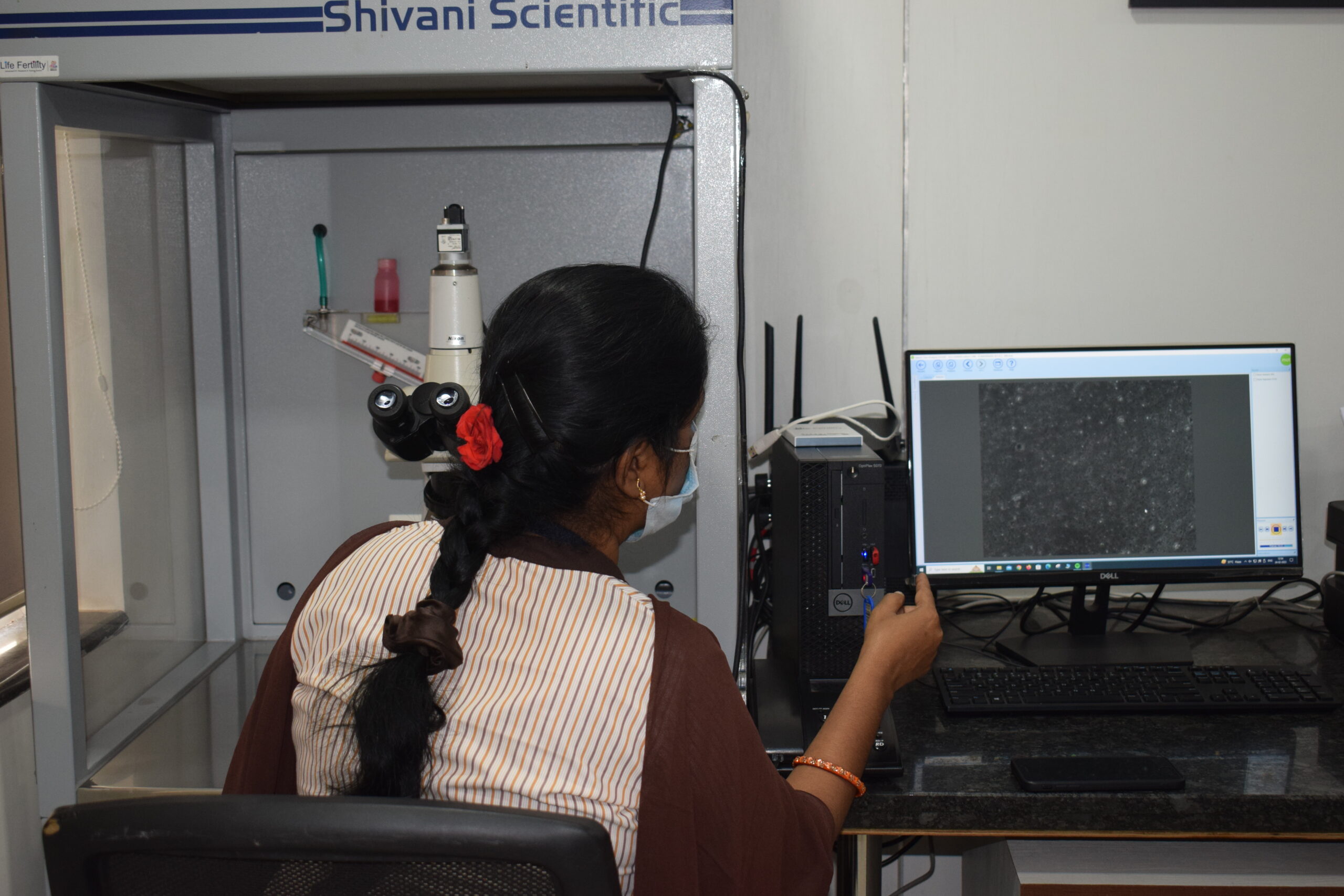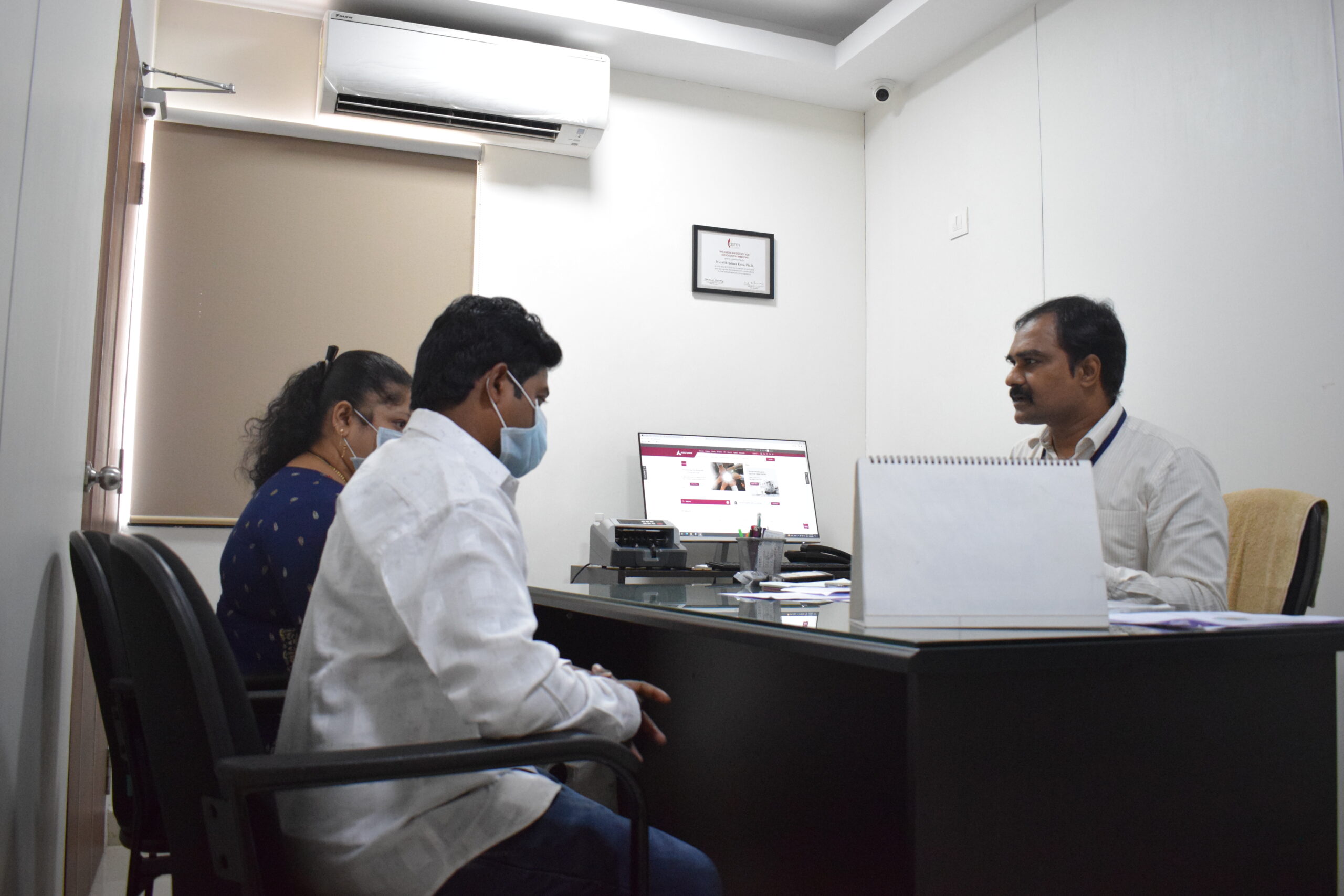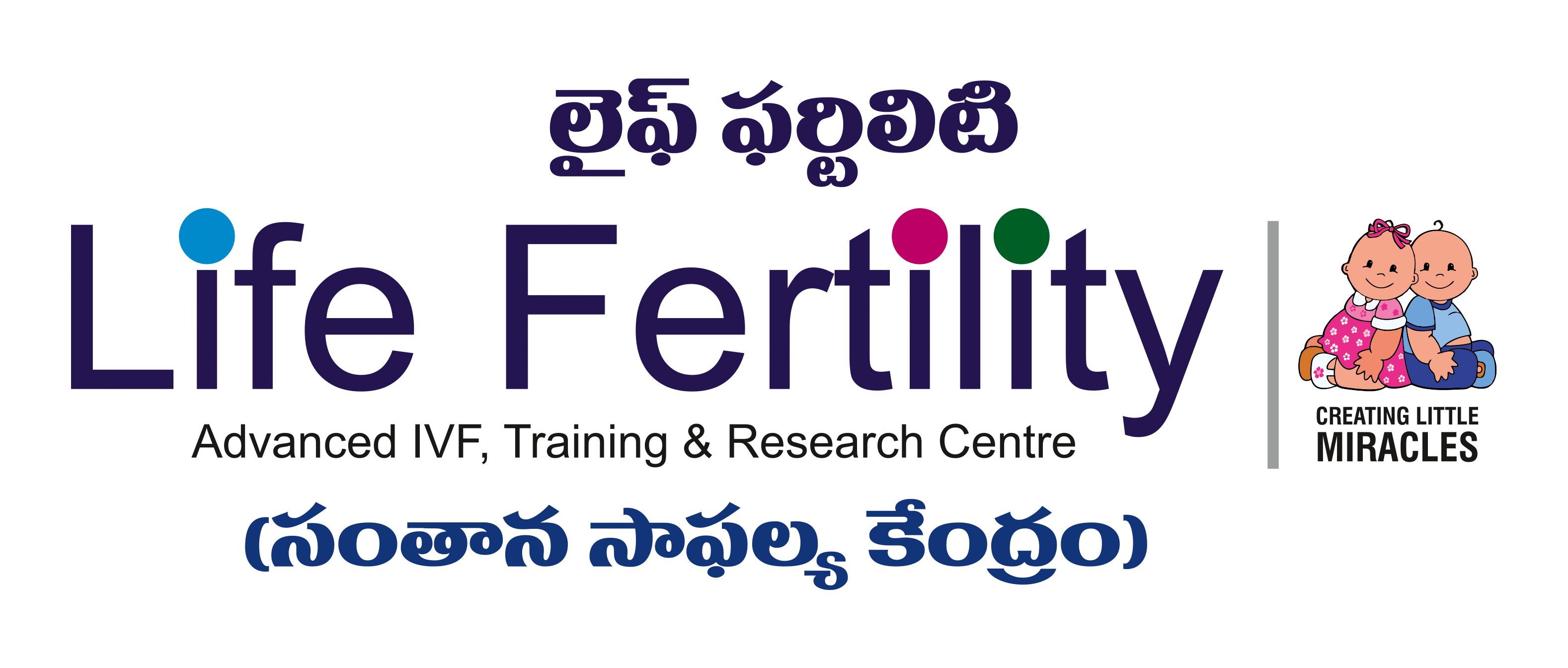Pre-Implantation Genetic Diagnosis (PGD)
Illuminating the Path to Healthy Beginnings
In the realm of assisted reproductive technologies, Pre-Implantation Genetic Diagnosis (PGD) represents a groundbreaking advancement that empowers individuals and couples to make informed decisions about their future family. PGD serves as a powerful tool, allowing for the screening of embryos before implantation, with the primary goal of identifying genetic abnormalities and promoting the birth of healthy children. Let’s delve into the intricacies of PGD, its applications, and the transformative impact it has on reproductive medicine.
Understanding Pre-Implantation Genetic Diagnosis (PGD):
PGD is a specialized genetic testing procedure conducted during the early stages of in vitro fertilization (IVF). The key objective is to analyze embryos for specific genetic conditions before selecting the healthiest ones for transfer to the uterus. The process involves the following key steps:

1. IVF and Embryo Culture:
- After ovarian stimulation and egg retrieval, IVF is performed to create embryos. These embryos are cultured for a few days, allowing them to develop.
2. Blastocyst Biopsy:
- Typically performed on the fifth or sixth day of embryo development, a small number of cells (usually 5-10) are delicately extracted from the outer layer of the developing blastocyst.
3. Genetic Analysis:
- The extracted cells undergo genetic analysis to identify any chromosomal abnormalities or specific genetic mutations associated with inherited diseases.
4. Embryo Selection:
- Based on the genetic information obtained, only embryos free from identified abnormalities are considered for transfer into the uterus.
5. Embryo Transfer:
- Healthy embryos are transferred, and the woman undergoes the standard IVF process, aiming for successful implantation and a healthy pregnancy.

Indications for PGD:

1. Genetic Disorders:
- PGD is invaluable for couples at risk of passing on genetic disorders such as cystic fibrosis, sickle cell anemia, or Huntington’s disease.
2. Chromosomal Abnormalities:
- Individuals with a history of recurrent miscarriages or chromosomal abnormalities may benefit from PGD.
3. Advanced Maternal Age:
- Women of advanced maternal age, who are at a higher risk of chromosomal abnormalities, may opt for PGD to increase the chances of a healthy pregnancy.
4. Family Balancing:
- Some couples may choose PGD for family balancing purposes, such as selecting the sex of the embryo.


Ethical Considerations:
While PGD provides invaluable insights into the genetic health of embryos, ethical considerations arise concerning the potential for embryo selection based on non-medical traits. Ongoing discussions within the medical and ethical communities continue to shape guidelines and regulations governing the use of PGD.
Success Rates and Considerations:
PGD has demonstrated high accuracy in detecting genetic abnormalities, significantly reducing the likelihood of transferring embryos with serious genetic conditions. However, success rates can be influenced by factors such as the woman’s age, the specific genetic condition being screened for, and the expertise of the fertility clinic.
Conclusion:
Pre-Implantation Genetic Diagnosis stands at the forefront of reproductive medicine, offering a profound means of ensuring the birth of healthy, genetically screened children. As technology advances and our understanding of genetics deepens, PGD remains a beacon of hope for those seeking to build families while mitigating the risk of inherited genetic conditions.
Book an Appointment
FREQUENTLY ASKED QUESTIONS
What is IVF treatment?
In-Vitro-Fertilization (IVF) is a type of Assisted Reproductive Technology (ART) that helps you get pregnant if you are not able to do so naturally.
When is the right time to start IVF treatment?
Your doctor will explain the best time to start the treatment after the initial consultation, examination, and blood tests. Your clinician may start your treatment on the 2nd or 3rd day of your period.
Is IVF safe & Painful?
IVF is a very safe and effective treatment option and with the latest advancement in medical technology, IVF results have improved significantly.
IVF is not at all painful because the injections used for IVF are purified and injected in subcutaneous form. The egg collection process is done under light sedation which is also not painful. At the time of embryo transfer, anesthesia is not given but it is a 2 to 5 minutes process that hardly causes any pain. Every patient is different; therefore the process will differ from patient to patient. However, when it comes to IVF injections, they are thin and easy and do not require an intervention. They can also be administered under anesthesia if required.
What People Says about Life Fertility Clinic
Google Reviews
What People Says about Life Fertility Clinic
Testimonials

Our Contacts
________
#16-1-25, RS Edifice, Coastal Battery Rd, Collector Office, Jn, Visakhapatnam, Andhra Pradesh 530002